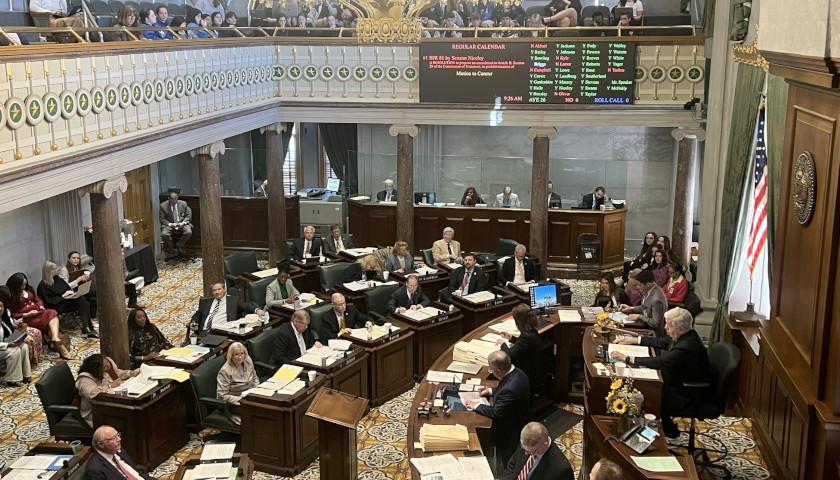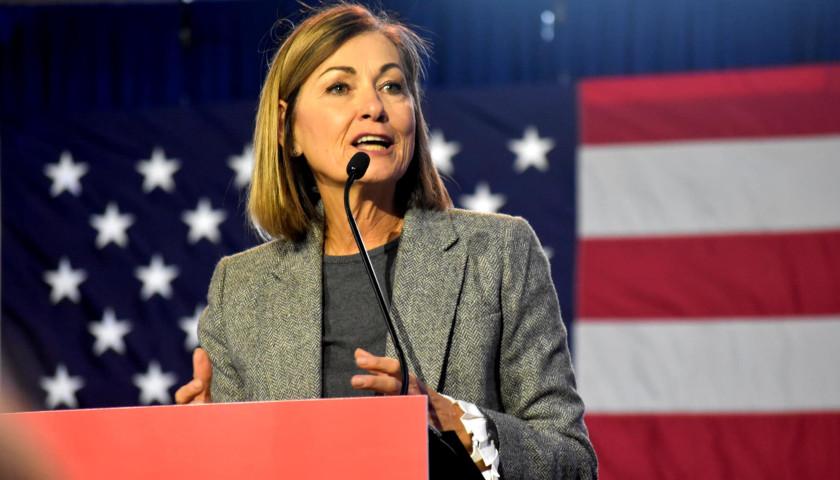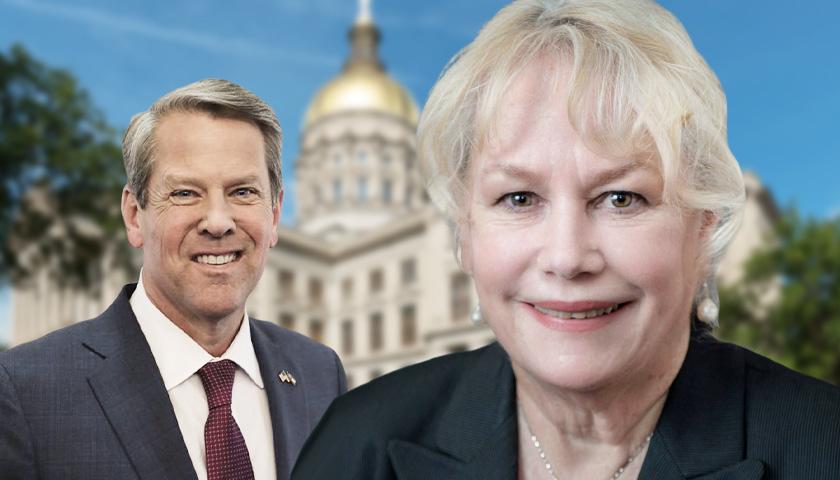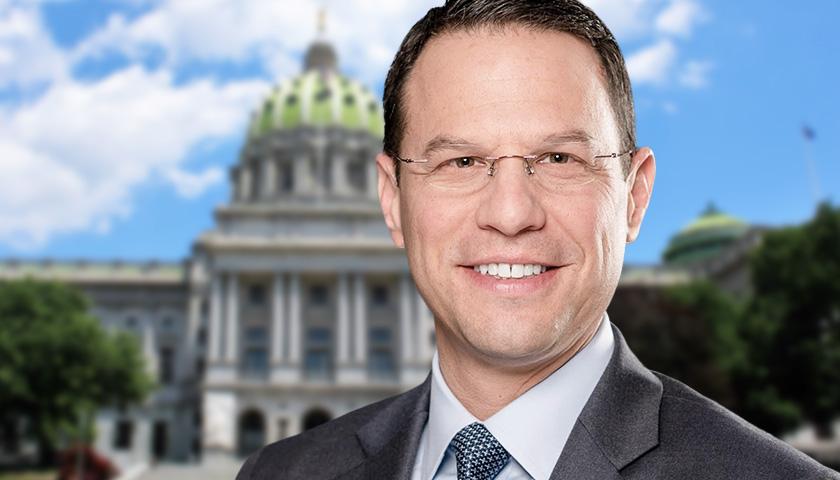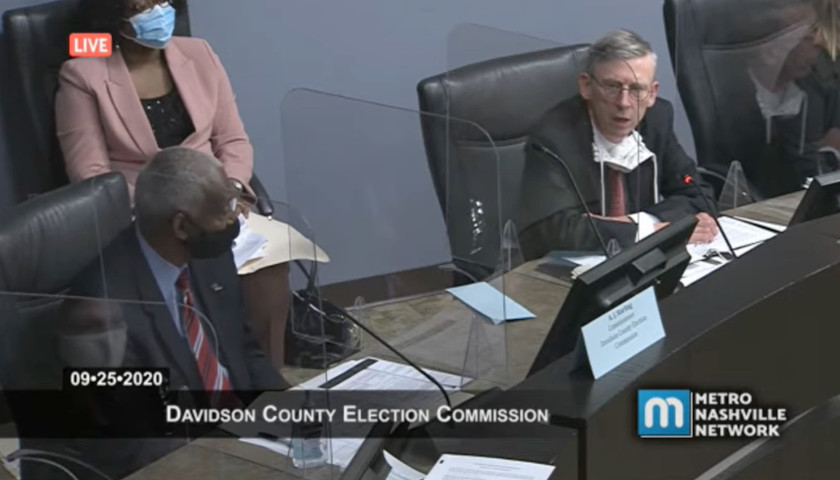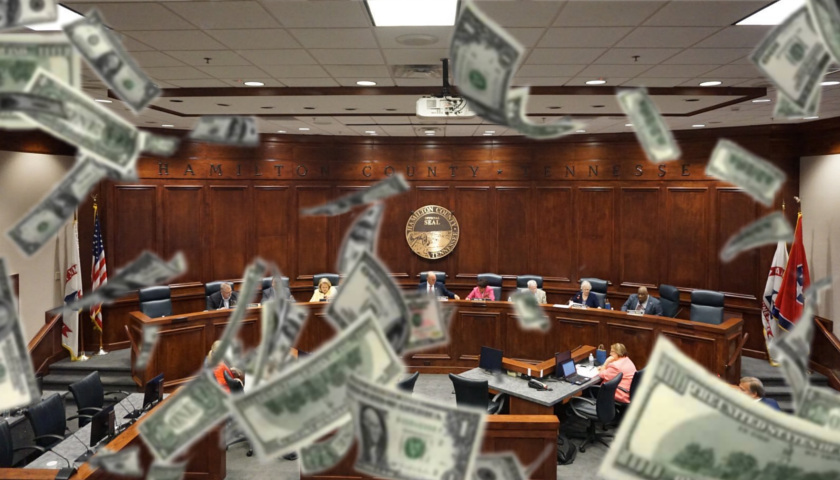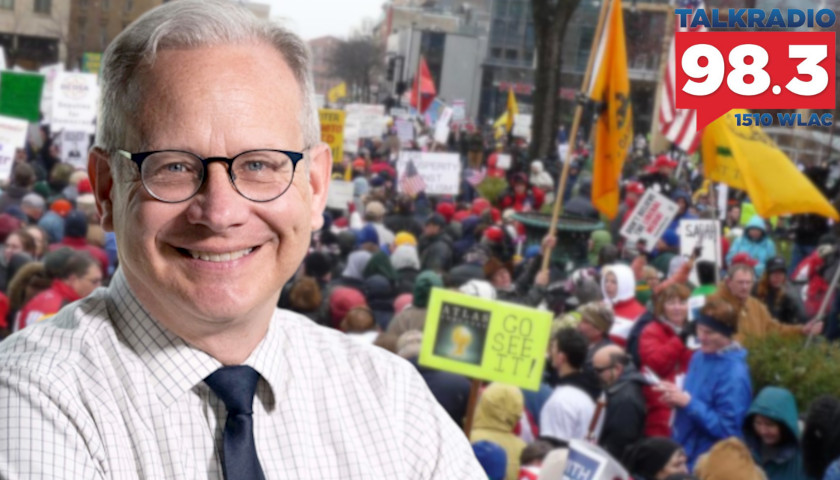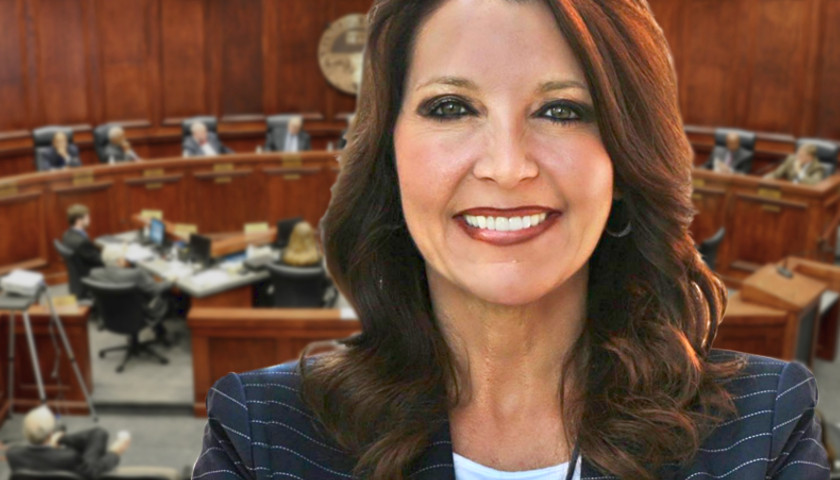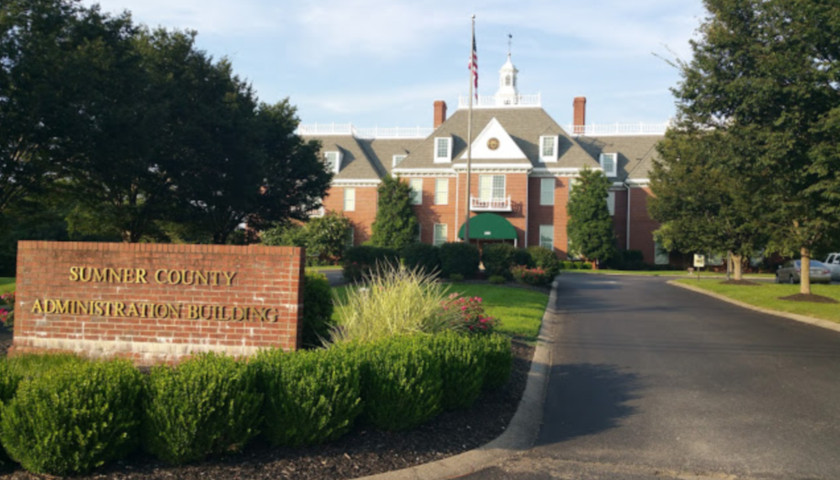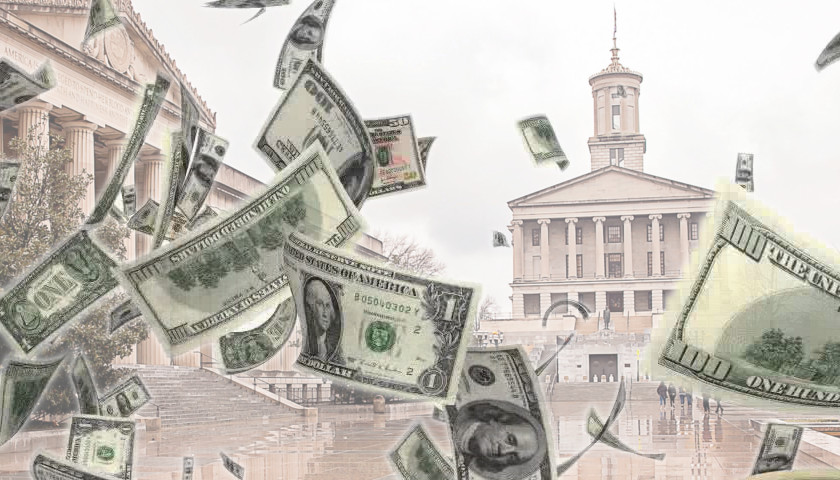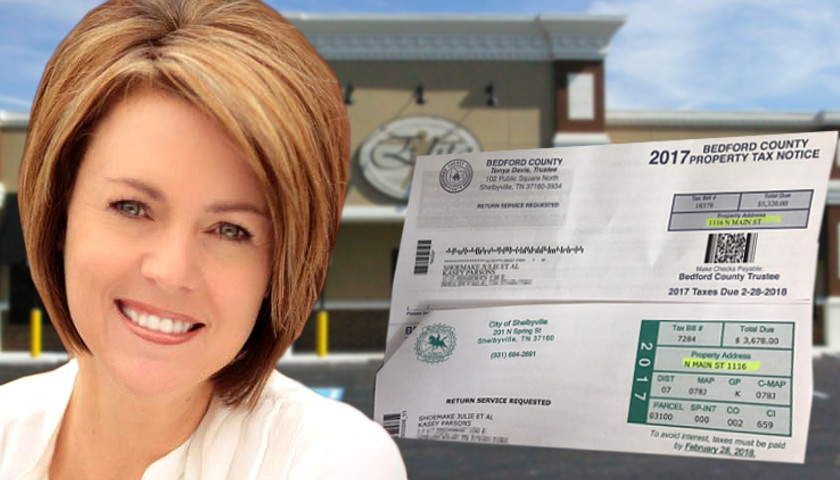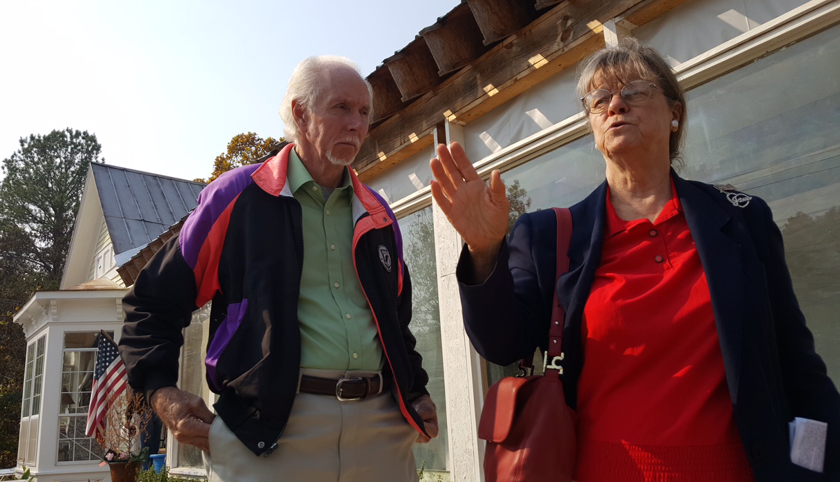A split Hamilton County Commission voted 5-4 Wednesday against a 34-cent increase on property taxes for the school system, and one school board member reacted by saying his dog was disappointed in the outcome. Voting against were Greg Martin, Randy Fairbanks, Chester Bankston, Tim Boyd and Sabrena Smedley (pictured above), according to a story by The Chattanoogan. In favor were Chip Baker, Katherlyn Geter, Warren Mackey and David Sharpe. County Attorney Rheubin Taylor said the rejection means none of the budget will be approved until the schools come back with a new budget leaving out the requested $34 million in new funds, The Chattanoogan said. That will happen after the Hamilton County Department of Education meets again. The county commission has until Aug. 31 to approve the overall budget, according to a story by the Chattanooga Times Free Press. County Mayor Jim Coppinger’s proposed $819 million budget included $443 million for the school district’s general purpose budget, a 5 percent raise for teachers, plus the addition of 14 counselors, 15 social workers, 15 truancy officers, 11 art teachers, 10 special education teachers and 32 special education assistants, the newspaper said. News Channel 9 said teachers were disappointed. Teachers filed…
Read the full story

